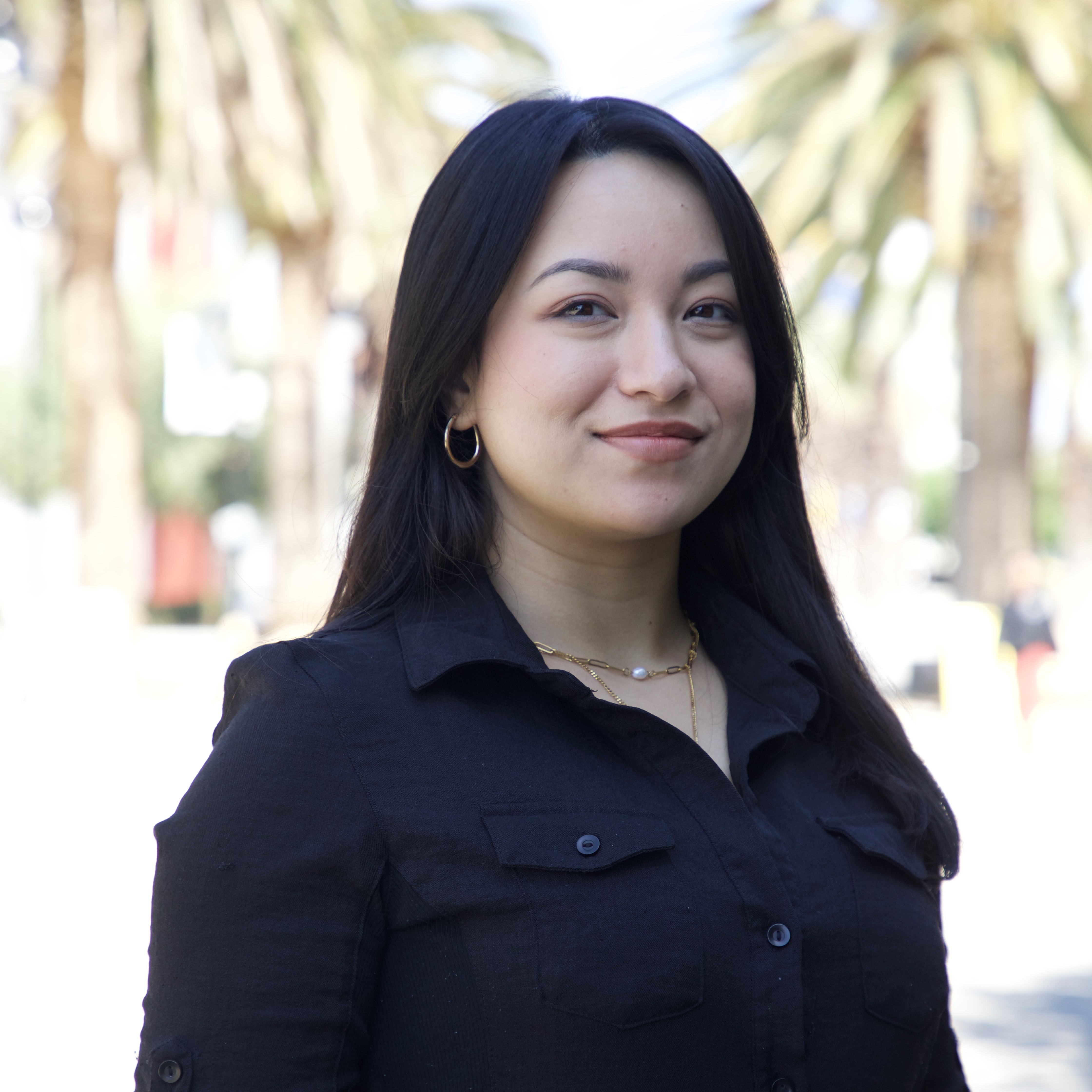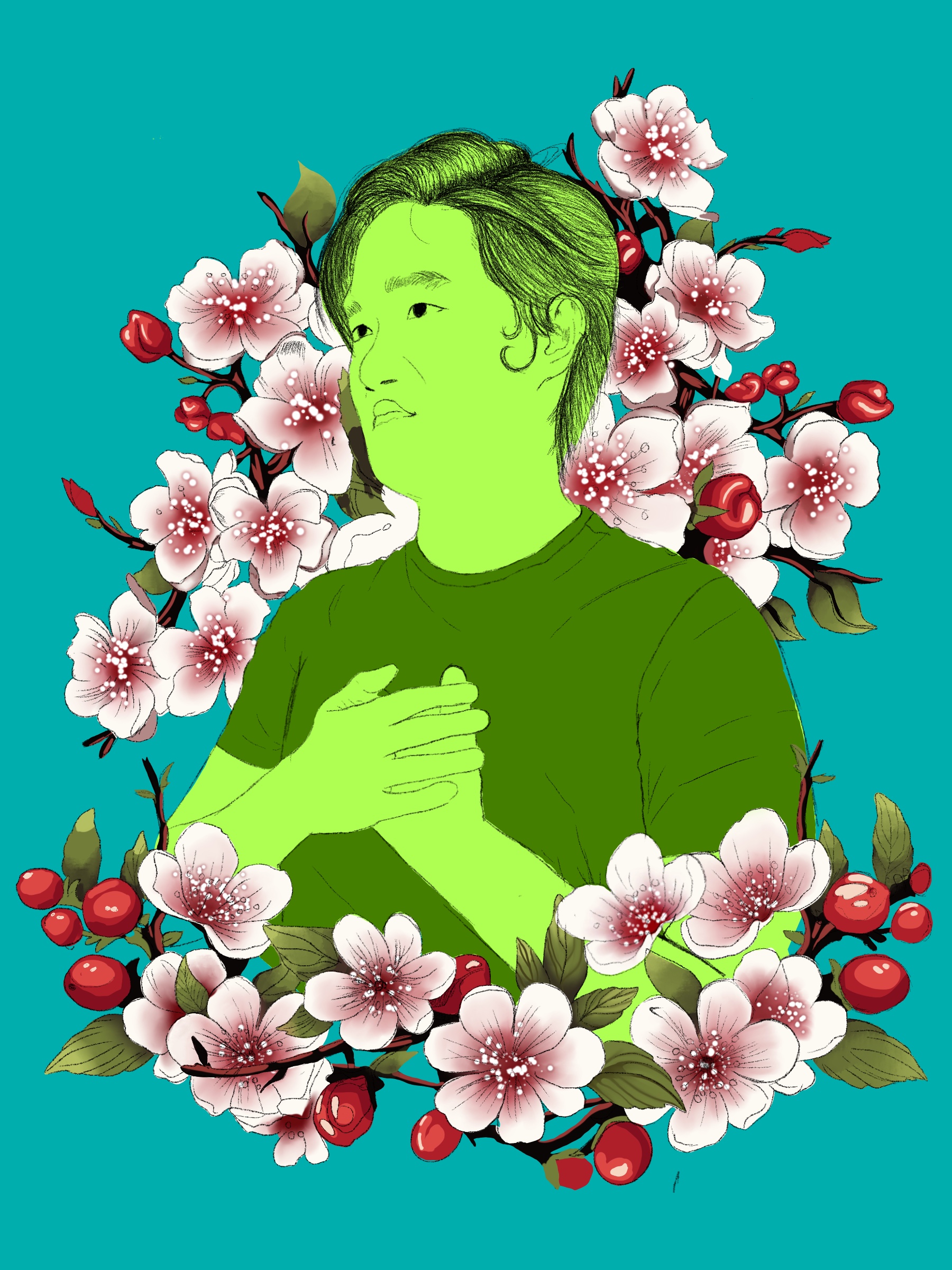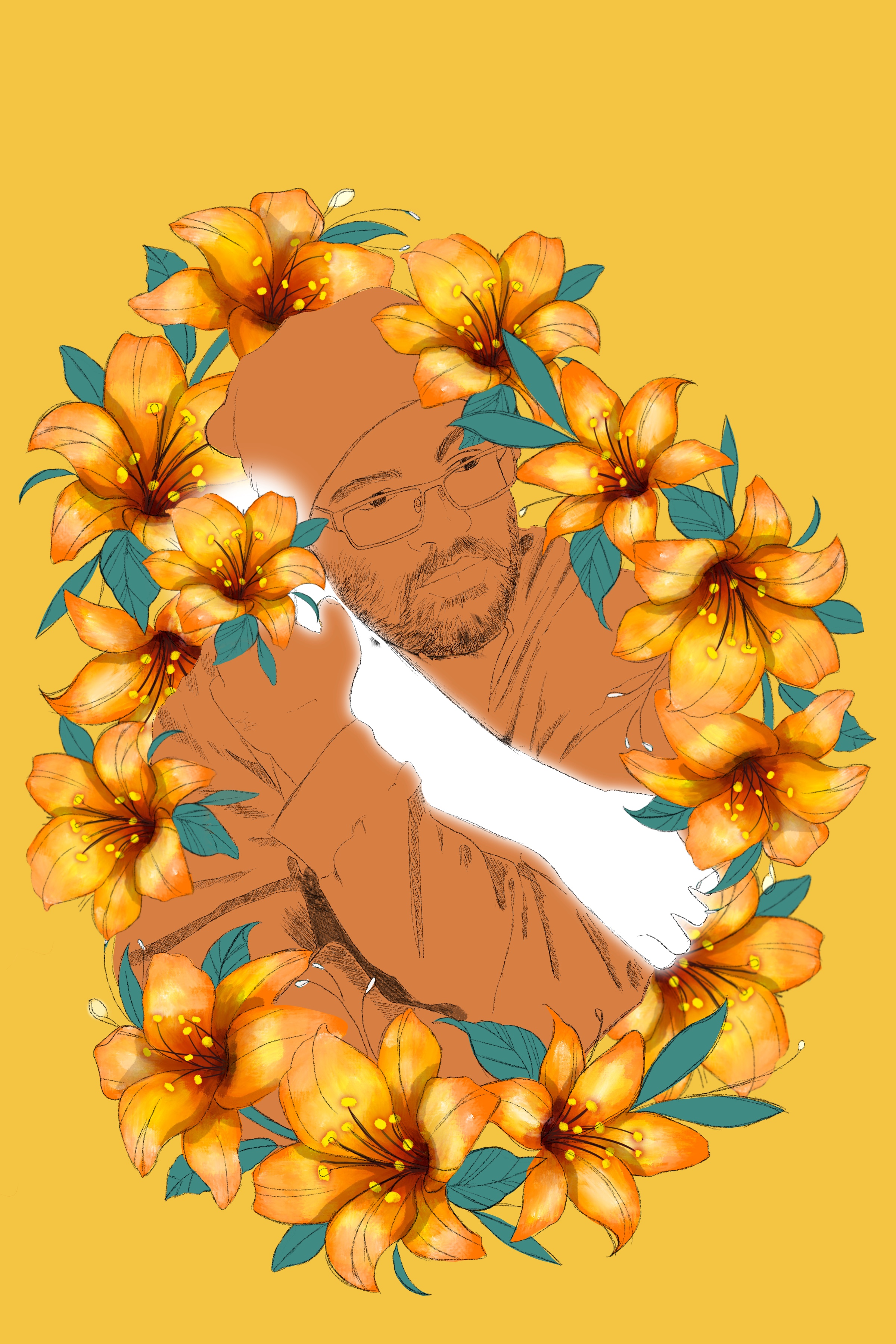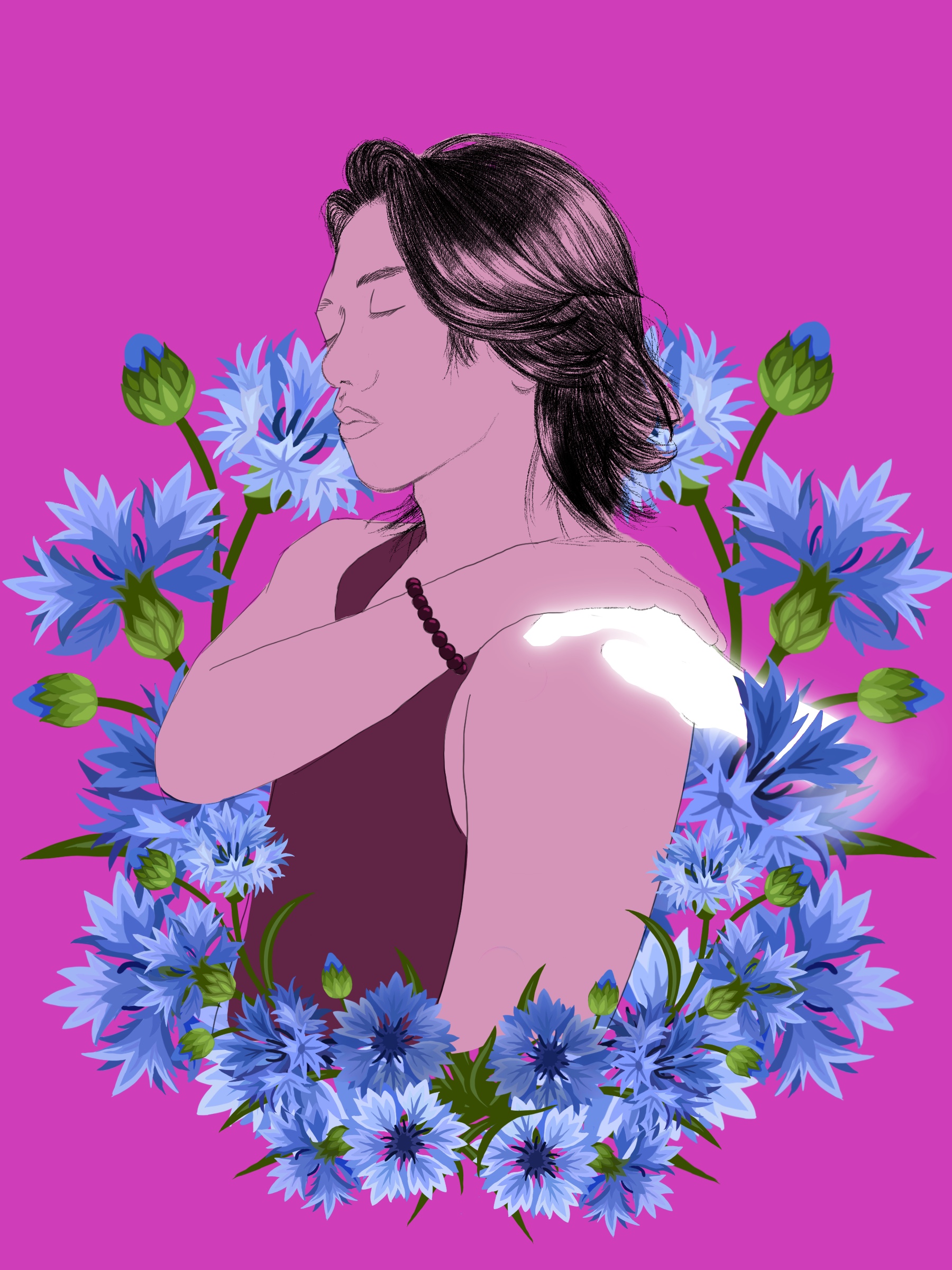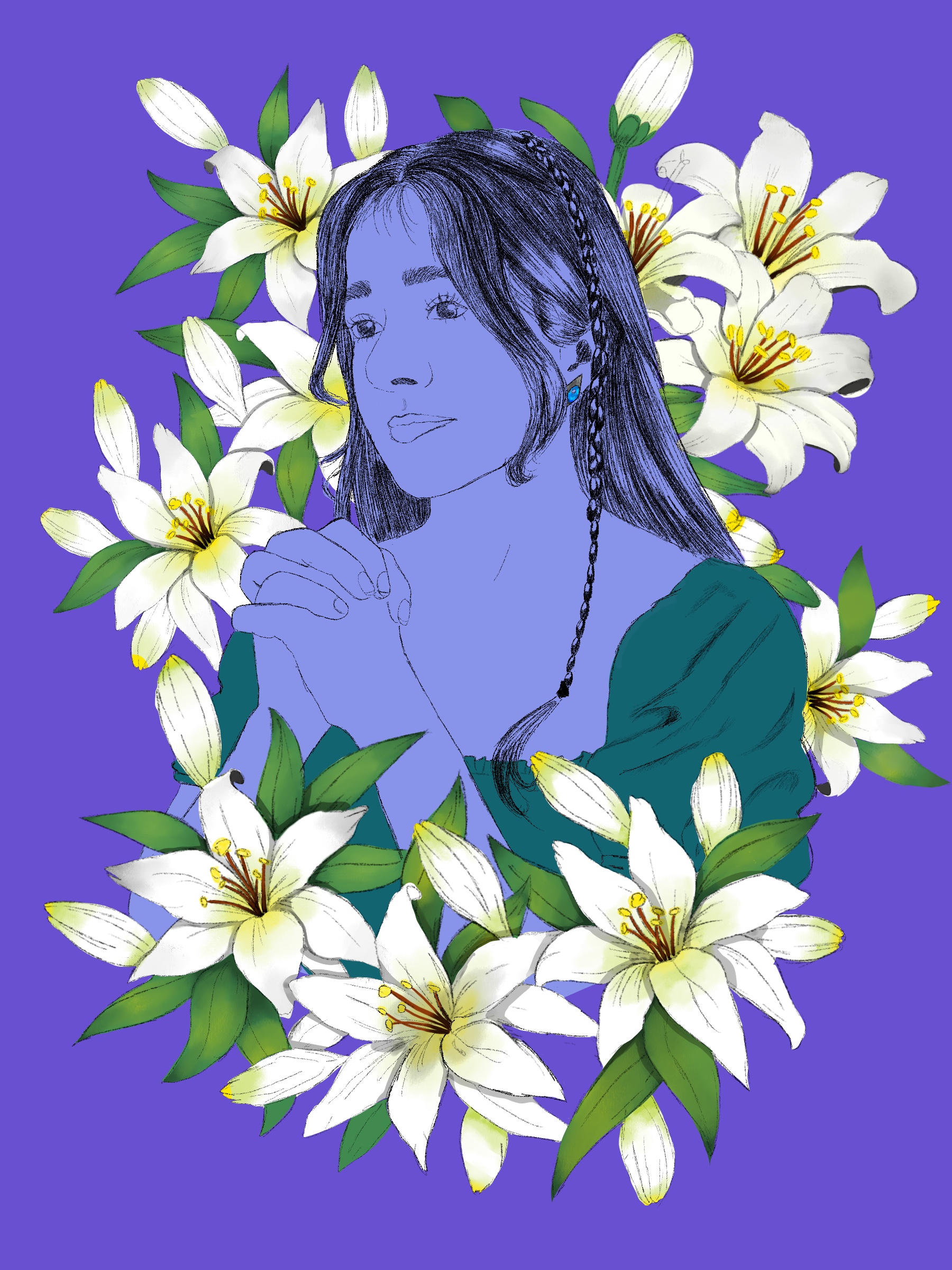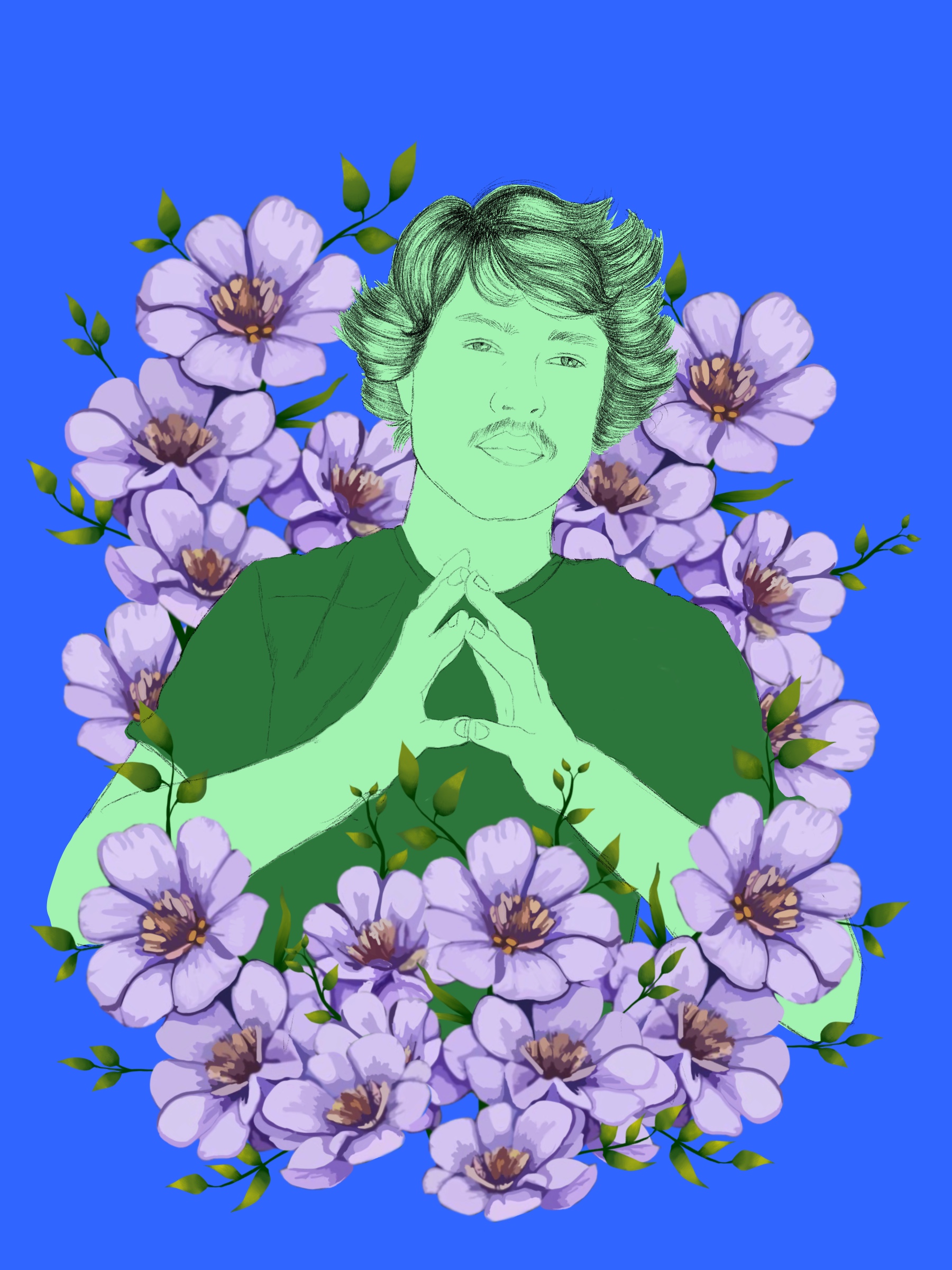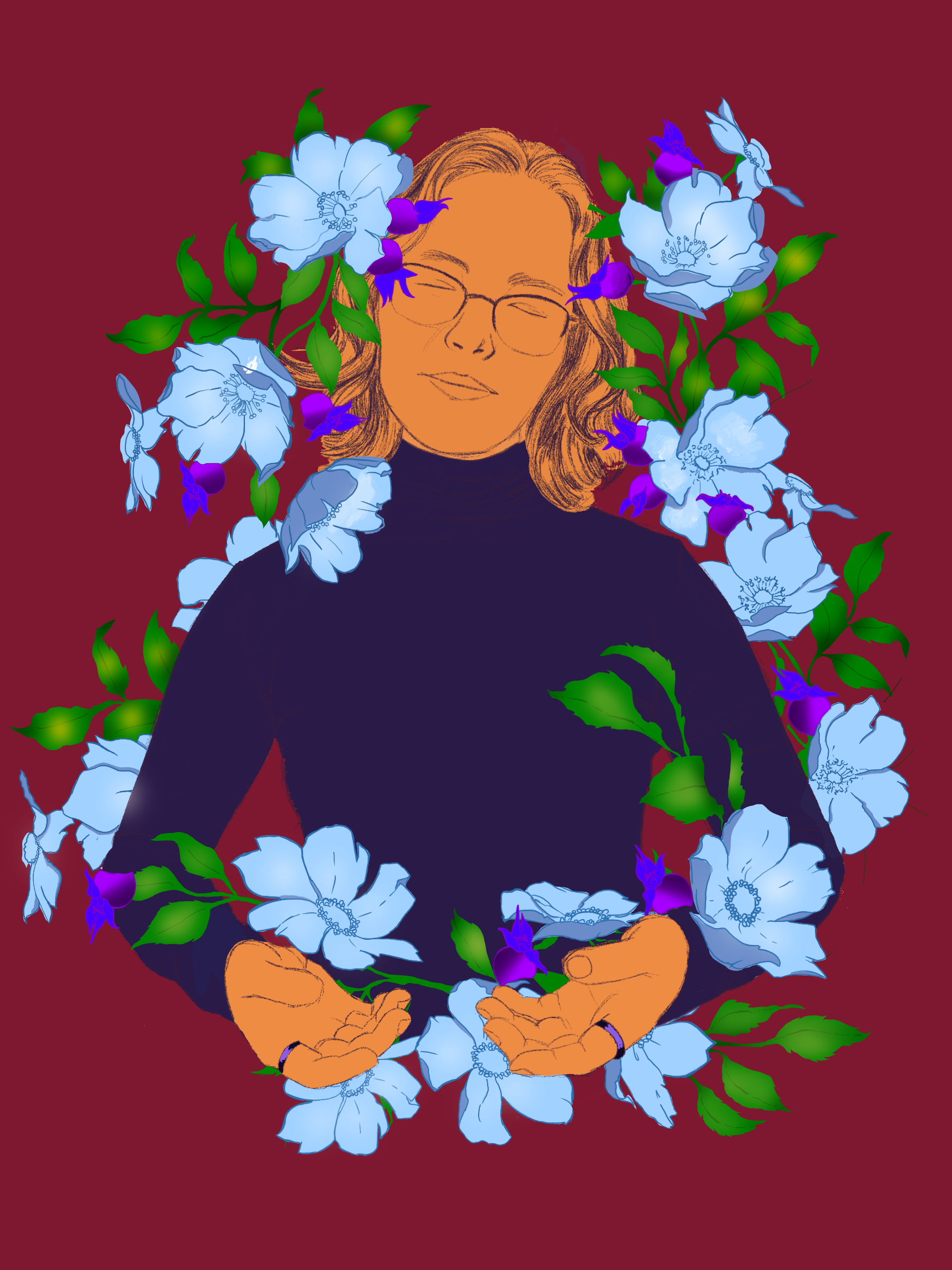
This artwork explores how behaviors often labeled as “bad” are sometimes misunderstood expressions of emotional pain. Inspired by The School of Life's video on the Seven Deadly Sins, I began thinking about how many of our actions—those we're ashamed of or judged for—can actually be forms of coping. Rather than seeing them as moral failings, I see them as signals of unmet needs, unhealed wounds, or silent struggles. When people are overwhelmed by trauma, depression, or loneliness, they often turn to behaviors that offer a sense of control, distraction, or temporary relief. These actions might seem irrational or self-destructive from the outside, but they often carry deeper emotional meaning. Each piece represents a transformation—from shame into understanding. These emotions often exist under the surface, masked by actions that are easy to criticize but harder to understand. Ultimately, this piece is about reclaiming compassion for the parts of ourselves we're taught to hide. It's a reminder that healing doesn't always look graceful, and that behind every behavior we're quick to judge, there may be a story that deserves to be heard.
Alisha Karmacharya is a digital artist based in the Bay Area, born in Nepal in 2001 and raised in Berkeley. Through her vibrant works, Alisha explores themes of self-expression, healing, and societal pressures, crafting a visual narrative that resonates with the complexities of the human experience. Her art seamlessly blends digital mediums, motion graphics, and graphic design, creating a unique dialogue between realism and abstraction through storytelling. Alisha's bright and colorful palette invites viewers into a world where emotion and insight converge, encouraging deep engagement with her symbolic creations. By reflecting on both the joys and challenges of her personal journey, Alisha offers a fresh perspective on contemporary issues, revealing the intricacies of identity and connection in a visually striking language.
